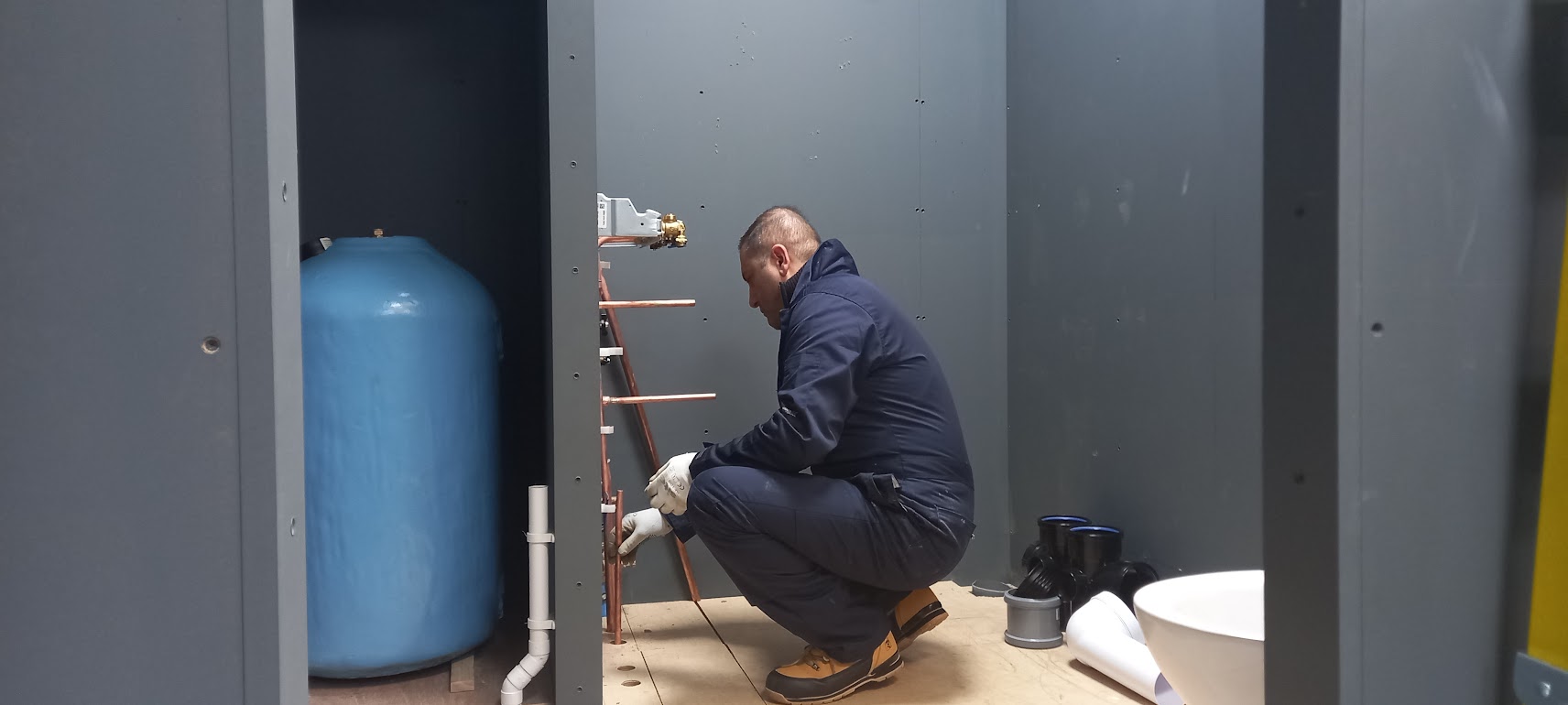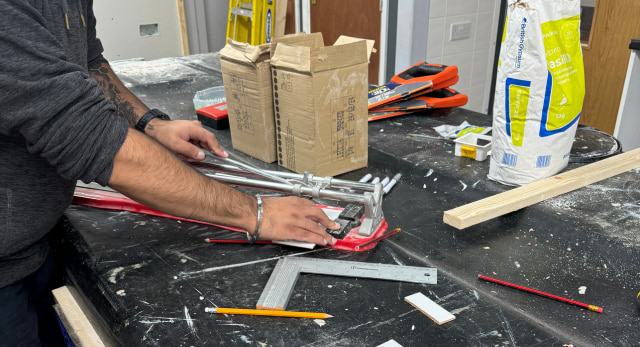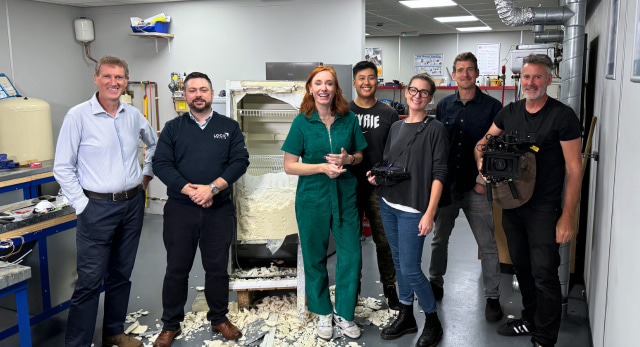Achieving MCS certification is a crucial step in proving your competence and unlocking new business opportunities. The Microgeneration Certification Scheme (MCS) is a nationally recognised accreditation that ensures renewable energy installations meet high industry standards—essential for accessing government incentives and building customer trust. In this guide, we’ll walk you through everything you need to know about becoming MCS certified, including the eligibility requirements, application process, benefits, and training options. Whether you’re a heating engineer, electrician, or trades professional looking to expand into renewables, this article will help you navigate the certification journey with confidence.
MCS Certification Overview
MCS is a quality assurance scheme which certifies the quality and reliability of:
- Renewable products – air source and ground source heat pumps, solar, biomass, wind and battery storage; and
- Installation companies – MCS is a mark of quality and competence.
Over 260,000 MCS-certified installations were completed in houses and small businesses in the UK in 2024, which included heat pumps, solar and battery storage, representing a 7% increase on the number of installations completed in 2023, taking the overall total to over 2 million. Heat pumps had a record-breaking surge, with nearly 60,000 units installed — a 43% increase over 2023 — bringing the total to over 275,000. Government schemes such as the Boiler Upgrade Scheme in England and Wales and the Home Energy Scotland Grant and Loan, which provide grants of up to £9,000, have played a key role in making heat pumps more accessible and driving this growth.
Is MCS a legal requirement?
Unlike a Gas Safe Registration, MCS is not a legal requirement.
However, to be issued with an MCS certificate, a renewables installation such, sucha as heat pump or solar panels, must have been carried out by and MCS certified company using MCS certified products.
Do I need an MCS certificate?
An MCS certificate is issued to consumers following commissioning.
It is required if consumers want to claim funding under any government scheme; for example, the Smart Export Guarantee (SEG) for solar PV and the Boiler Upgrade Scheme (BUS) for heat pumps.
If you are an unregistered heat pump installer, your installation quotes are going to be £5,000 – £6,000 more than an MCS certified installer who can claim BUS vouchers, therefore knocking down the cost for their customers.
Who is MCS for?
MCS certifies contractors rather than individual installers, unless of course you are a sole trader.
For example, you may be employed as a heat pump installer by an MCS accredited company, you do not need to be MCS certified yourself.
However, if you are a sole trader carrying out renewable installations, you will need to undertake the certification process, unless you are sub-contracting under an MCS Umbrella Scheme – a great alternative for qualified heat pump installers who want to test the waters of their local market before fully committing to MCS.
Read our blog about MCS Umbrella Schemes
The Role of MCS in Accessing the Smart Export Guarantee (SEG)
The SEG is a government-backed initiative launched on 1 January 2020. Replacing the Feed-in-Tariff, the SEG ensures that small-scale electricity generators (i.e. homeowners with solar PV or wind turbine) get paid for the electricity they generate and export back to the National Grid. To access the SEG, the electricity generating system has to be MCS certified and registered with the District Network Operator (DNO).
While major energy suppliers are required to offer SEG tariffs, they are obligated to do so only for installations that possess MCS certification. This requirement helps maintain high industry standards and protects consumers by ensuring that only quality-assured systems are connected to the grid.
Octopus Energys’s Change in MCS Policy
As previously mentioned, an MCS certification has traditionally been a prerequisite for accessing SEG tariffs across most energy providers. However, in 2023, Octopus Energy made a change to its terms and conditions so that solar PV systems no longer have to be MCS certified in order for end users to access the Smart Export Guarantee (SEG).
Octopus offers extremely attractive SEG tariffs, however, paying out much more than any of the other energy companies, which means that many people switch to Octopus once they’ve installed renewable electricity generating technology. Octopus’ position in the marketplace is why this shift in their Ts & Cs is interesting.
As of January 2025, no other energy provider has removed the need for PV systems to be MCS certified in order to access the SEG. Whilst it may offer benefits, PV installers will need to think carefully as to whether they want to work without a MCS certification (or the means to certify under an umbrella scheme) as it has the potential of limiting themselves to only working with Octopus customers.
How to help your customers access the SEG
Whether you’re MCS certified or not, it’s important that solar PV installers can help their customers access the SEG. Ideally, you should be able to do the DNO paperwork for them, a process that is covered in our solar PV training course.
Where possible, you should encourage your customers to install battery storage alongside their PV system. The more energy they can use themselves, the better the returns. Octopus’s most attractive tariffs are designed for people with a battery and savvy consumers can charge-up when energy’s cheapest, regardless of the solar PV.
How To Become MCS-accredited
So, there are a variety of routes into the heat pump sector for qualified installers:
- Seek employment with an MCS-certified company – you will need a qualification like a Level 3 heat pump qualification plus associated training and certificates.
- Sub-contract under an MCS Umbrella Scheme – you will need to be suitably qualified and experienced, because you will not get the installation support you would if you were employed.
- Apply for MCS certification – ideal for experienced sole traders and small heating and plumbing or electrical companies looking to expand their services. MCS Made Easy is a tool designed to make this process more simple.
Which one you choose depends on your confidence and experience.
How much does MCS cost and how long does certification take?
The initial application for one technology would cost £700 plus VAT, including initial application fee £130, annual renewal £515 and MCS Licence £55. Certification must be renewed every year at a cost of £570 plus VAT.
MCS certification takes around 4 – 6 weeks following inspection. However, the preparation is what takes the most time. Installers must hold relevant qualifications to prove their competency, for example:
- LCL Awards Level 3 Award in the Installation and Maintenance of Air Source Heat Pump Systems (non-refrigerant circuits); and/or
- LCL Awards Level 3 Award in the Installation and Maintenance of Heat Pump Systems (non-refrigerant circuits) (Ground source)
- Level 3 RQF Solar Photovoltaic (PV) Installation Training
- Level 3 RQF Electrical Energy Battery Storage Training
Applicants must also have an effective quality management system (QMS) in place and gather documentation that satisfies MCS’s criteria in relation to customer care and workmanship.
Read more about MCS application criteria.
Conclusion
Obtaining Microgeneration Certification Scheme (MCS) accreditation is a sensible move for renewable installers that ar looking to expand their services, enhance their marketability and provide clients with access to government incentives like the Smart Export Guarantee (SEG). While Octopus Energy has relaxed its MCS requirements for SEG eligibility, this policy is unique to them. Therefore, securing an MCS certification still remains essential for installers who wish to offer services across the broader energy market. By achieving MCS accreditation, installers not only demonstrate a commitment to quality and customer satisfaction but also position themselves advantageously in a competitive industry.









